Simulated effects of microgravity significantly affect rhythmicity and sleep in humans, a new study finds. Such disturbances could negatively affect the physiology and performance of astronauts in space.
Simulated effects of microgravity significantly affect rhythmicity and sleep in humans, a new study from the University of Surrey finds. Such disturbances could negatively affect the physiology and performance of astronauts in space.
"This is the first time that sleep and various biological rhythms have been evaluated from an integrative perspective in a head-down tilt bed rest protocol for this long . We are confident that these findings will serve in designing new protocols aimed at improving sleep and rhythmic robustness in space. In addition, our results can also be applied to other processes such as ageing or the impact of constant posture in our sleep and rhythms.
Researchers observed a decrease in the amplitude of temperature, activity and sleepiness rhythms during bed rest. Sleep duration decreased at the beginning of bed rest, and on average, participants slept less than 6.5 hours during the night throughout the study. Researchers note that partial sleep deprivation of a similar extent has been found to result in changes in immune system function and inflammatory status during both bed rest and spaceflight.
"Biological rhythms are disrupted, and sleep is restricted in space flight and this impacts on physiology and performance. The normal posture cycle is a significant reinforcement signal for biological rhythmicity and its removal in this protocol and absence in space flight likely contributes to reduction in rhythmic amplitudes of many of the variables studied here.
Insomnia Obstructive Sleep Apnea Disorders And Syndromes Space Station Astronomy Space Probes Space Telescopes
United States Latest News, United States Headlines
Similar News:You can also read news stories similar to this one that we have collected from other news sources.
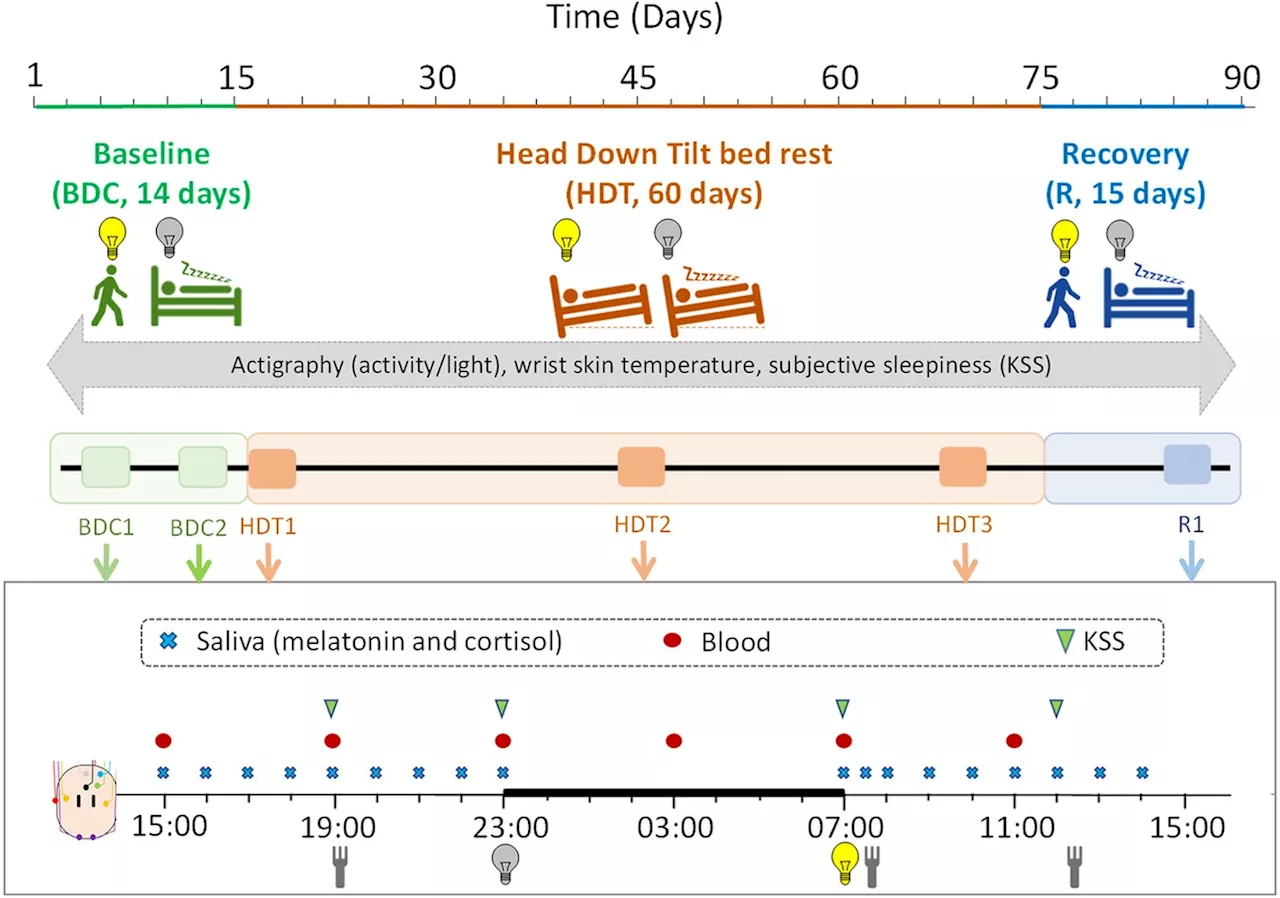 Simulated microgravity affects sleep and physiological rhythms, study findsSimulated effects of microgravity significantly affect rhythmicity and sleep in humans, a new study from the University of Surrey finds. Such disturbances could negatively affect the physiology and performance of astronauts in space.
Simulated microgravity affects sleep and physiological rhythms, study findsSimulated effects of microgravity significantly affect rhythmicity and sleep in humans, a new study from the University of Surrey finds. Such disturbances could negatively affect the physiology and performance of astronauts in space.
Read more »
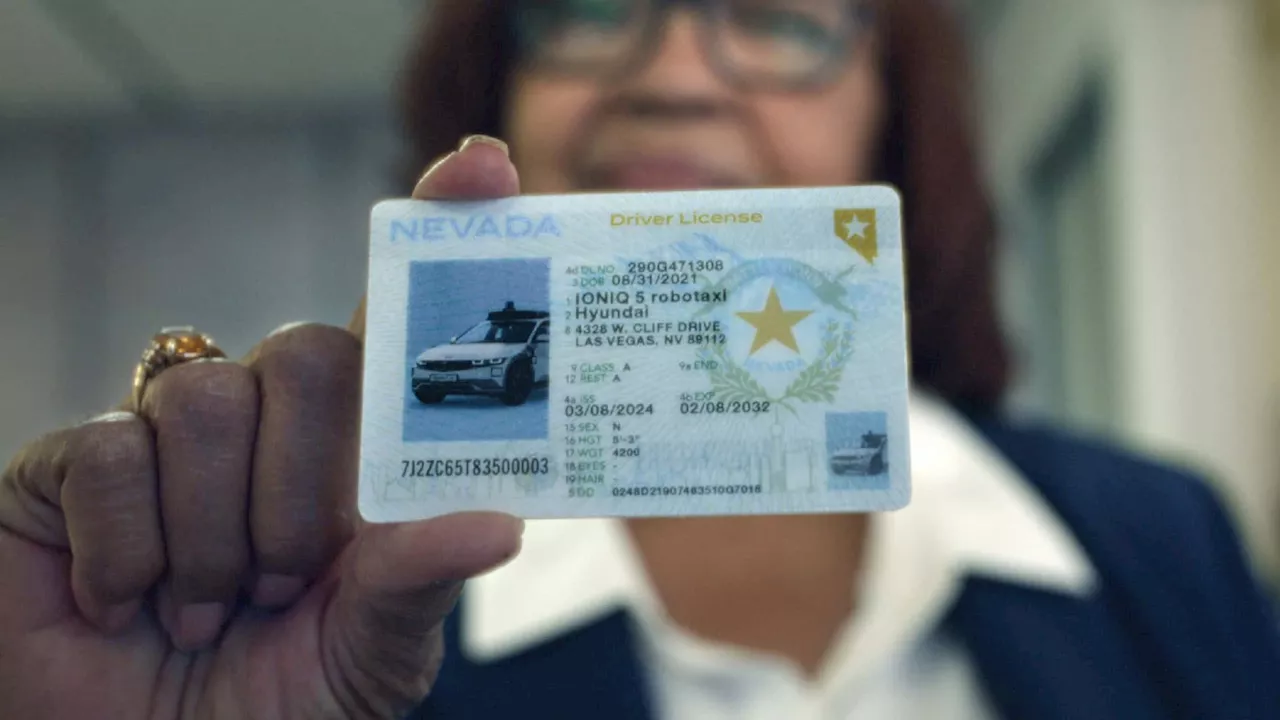 Hyundai's Ioniq 5 Robotaxi Passes Simulated Driving ExamHyundai's autonomous driving technology company, Motional, collaborates with Hyundai to develop fully self-driving vehicles. To build confidence in autonomous cars, Hyundai's Ioniq 5 robotaxi successfully completes a simulated Class C License Exam in Las Vegas without making any mistakes.
Hyundai's Ioniq 5 Robotaxi Passes Simulated Driving ExamHyundai's autonomous driving technology company, Motional, collaborates with Hyundai to develop fully self-driving vehicles. To build confidence in autonomous cars, Hyundai's Ioniq 5 robotaxi successfully completes a simulated Class C License Exam in Las Vegas without making any mistakes.
Read more »
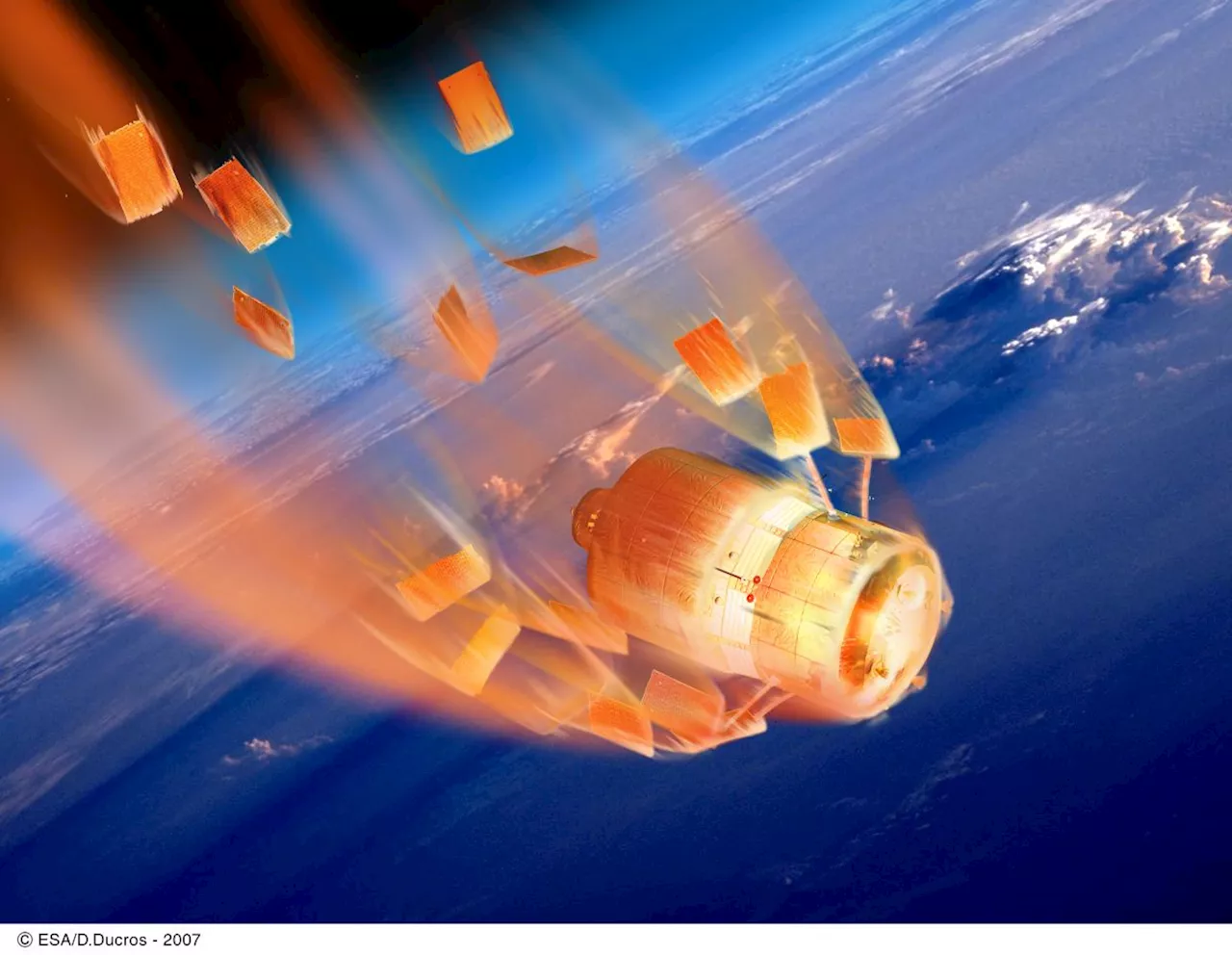 Watch a Satellite Reaction Wheel Melt in a Simulated Orbital Re-EntryThe heaviest parts of a satellite may not burn up during reentry, posing a hazard. Engineers at the ESA are working to change that.
Watch a Satellite Reaction Wheel Melt in a Simulated Orbital Re-EntryThe heaviest parts of a satellite may not burn up during reentry, posing a hazard. Engineers at the ESA are working to change that.
Read more »
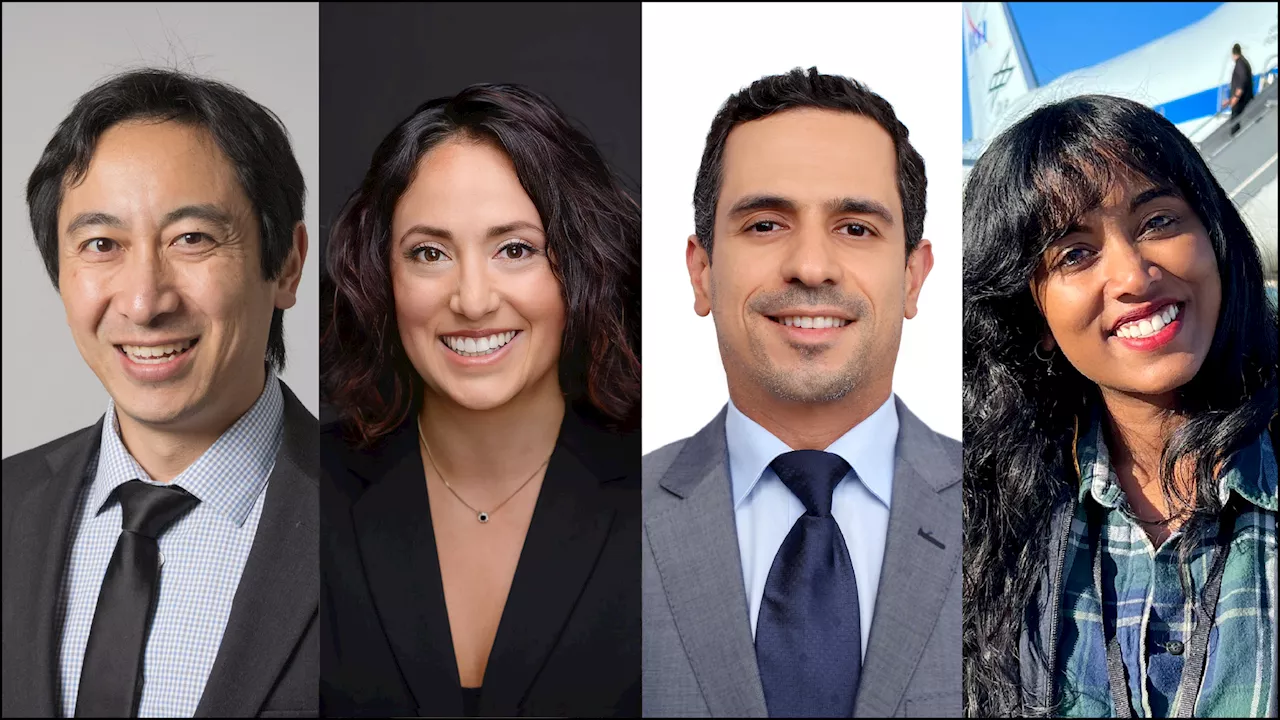 NASA Selects New Crew for Next Simulated Mars JourneyNASA has selected a new crew of four volunteers to participate in a simulated mission to Mars within a habitat at the agency’s Johnson Space Center in Houston.
NASA Selects New Crew for Next Simulated Mars JourneyNASA has selected a new crew of four volunteers to participate in a simulated mission to Mars within a habitat at the agency’s Johnson Space Center in Houston.
Read more »
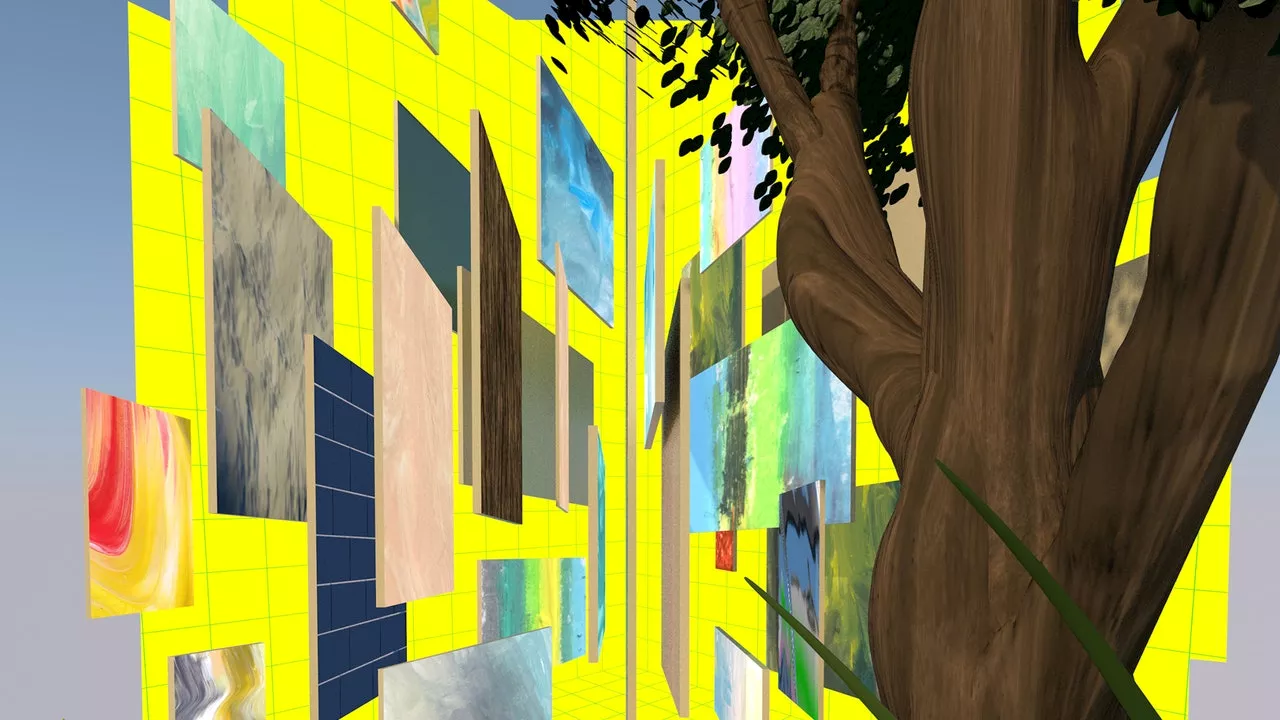 How Perfectly Can Reality Be Simulated?Game engines such as Unreal Engine, developed by Epic Games, allow aspects of the real world to be simulated in video games such as “Barbie,” TV shows, architectural renderings, and more. Anna Wiener reports.
How Perfectly Can Reality Be Simulated?Game engines such as Unreal Engine, developed by Epic Games, allow aspects of the real world to be simulated in video games such as “Barbie,” TV shows, architectural renderings, and more. Anna Wiener reports.
Read more »
 Major companies put U.S. cyber defenses to the test in simulated attackThe two-day tabletop exercise was the first known event involving these companies and the federal government.
Major companies put U.S. cyber defenses to the test in simulated attackThe two-day tabletop exercise was the first known event involving these companies and the federal government.
Read more »
